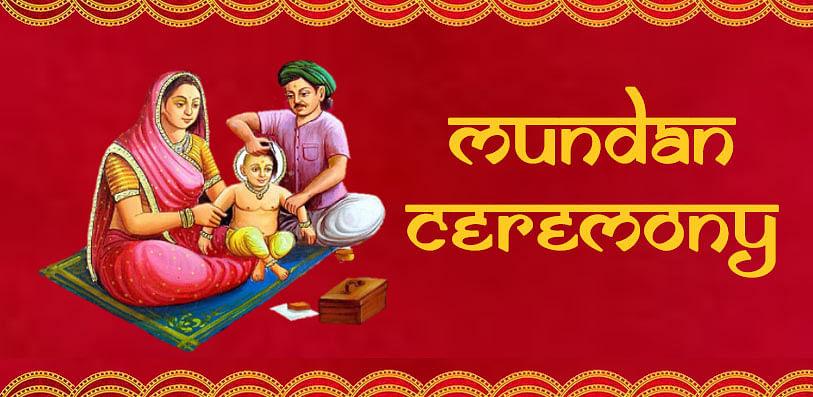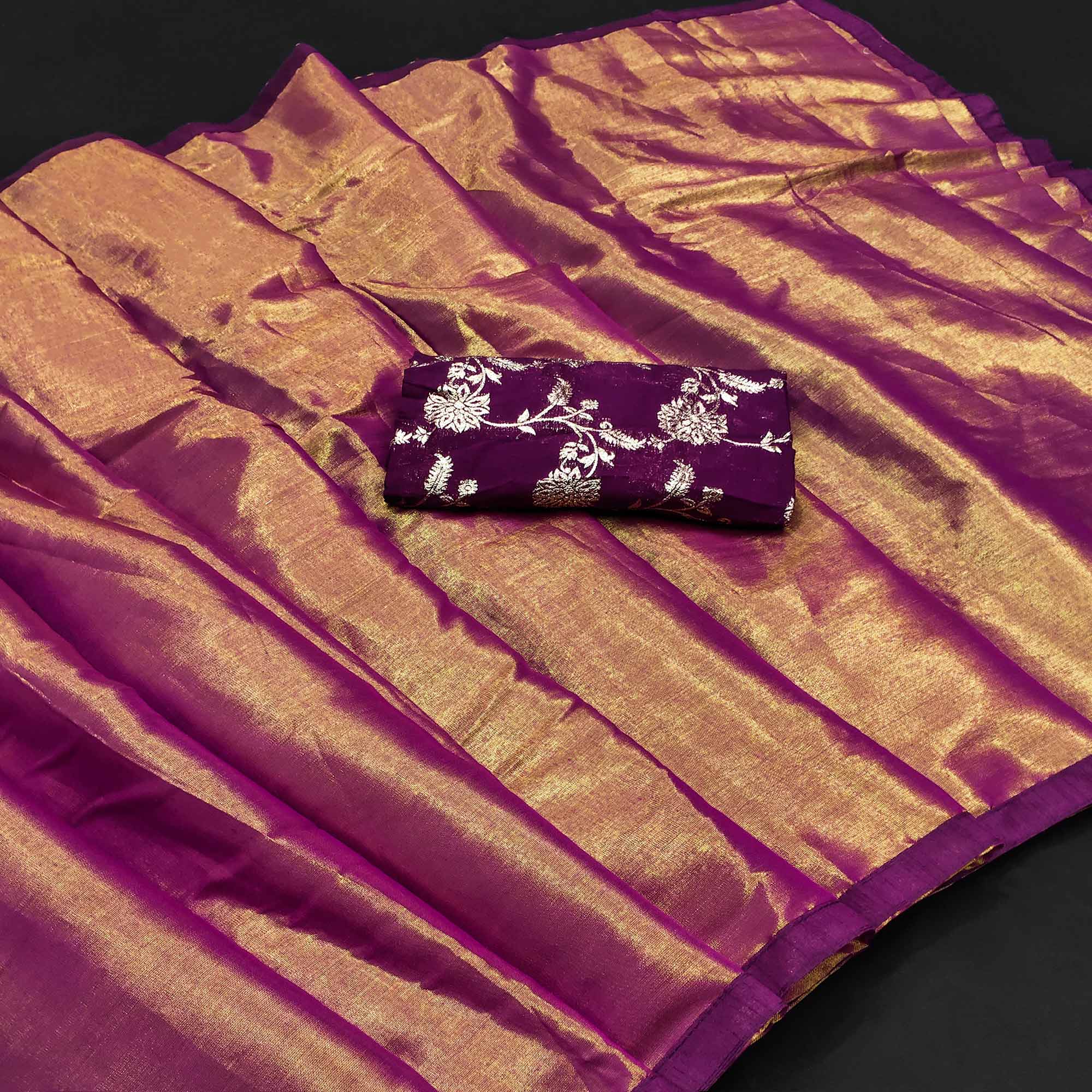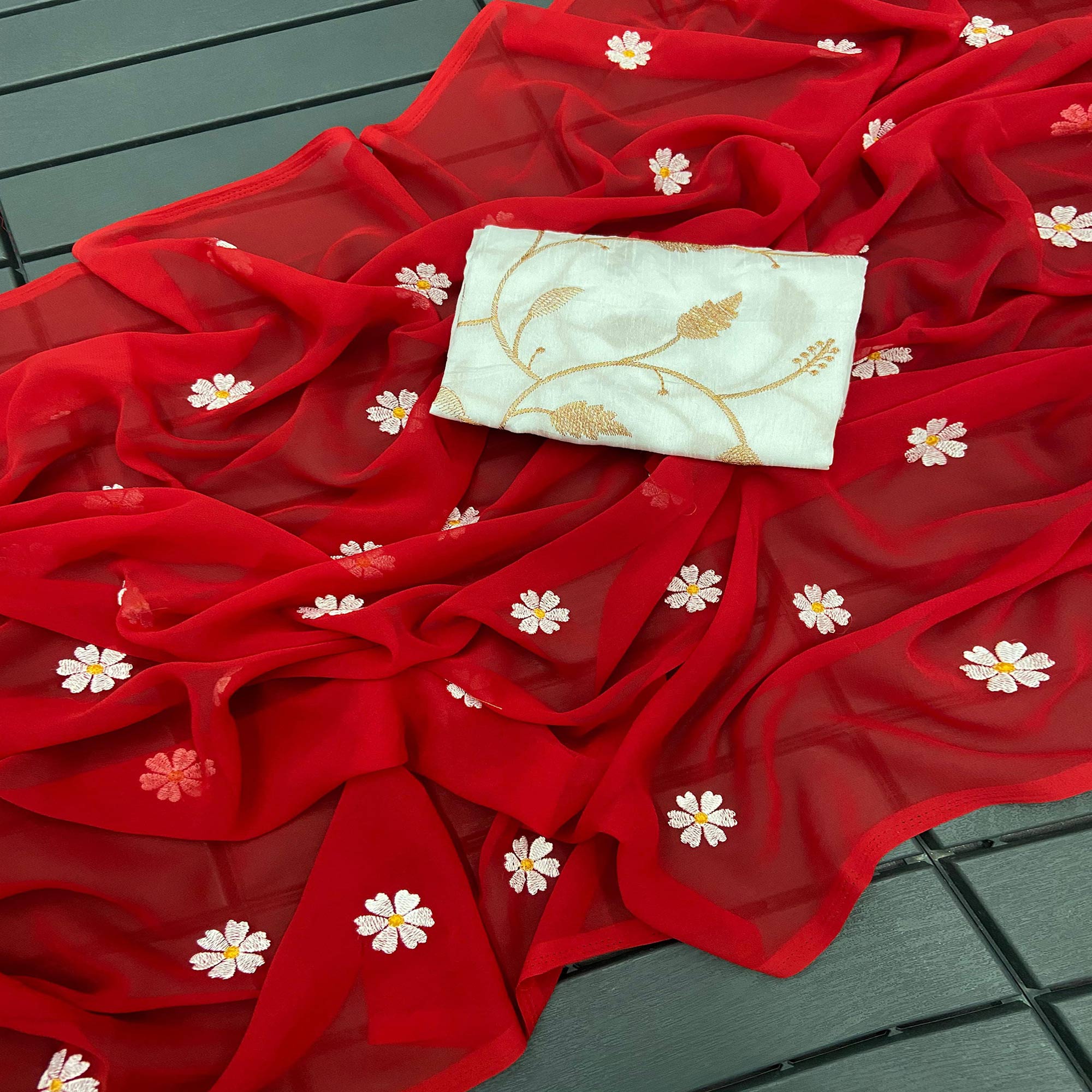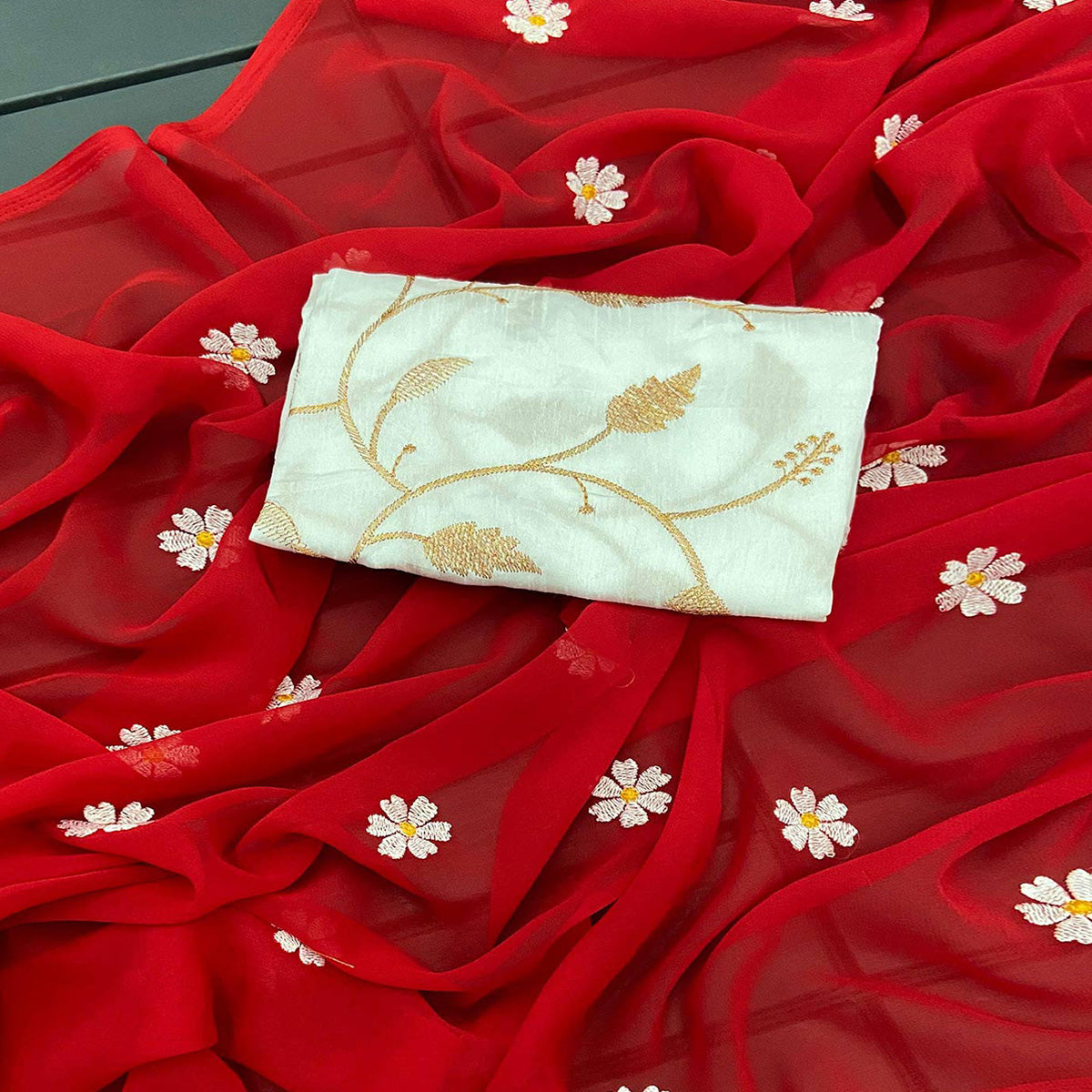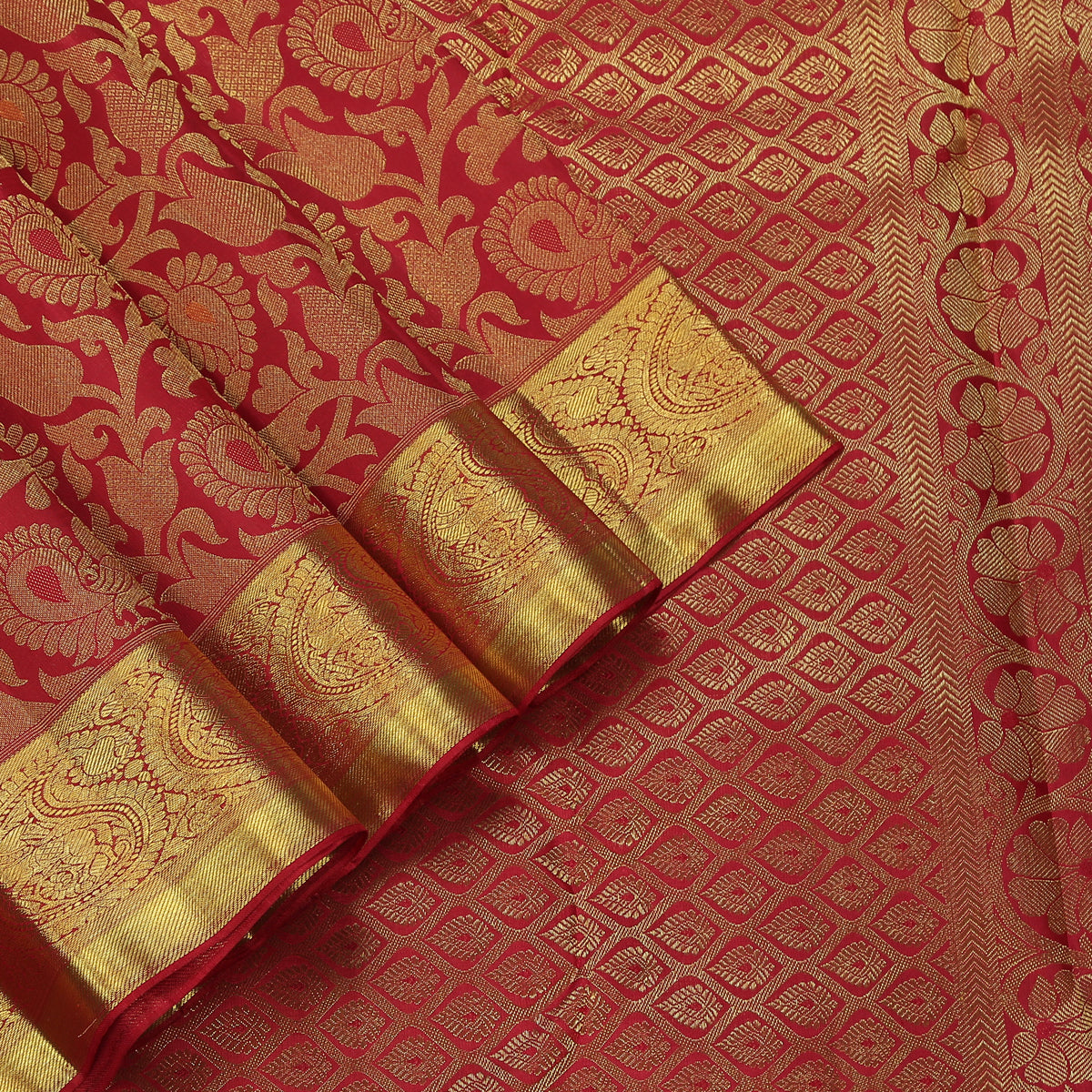The Mundan of a baby is an extremely important ritual among the Hindus in which the tonsuring of the baby’s first natural hair after birth is carried out.
Also known as chaula or choodakarana, the mundane ceremony finds a significant mention in the Hindu scriptures.
Religious Reasons Behind the Mundan Ceremony
There are numerous reasons stated in our ancient scriptures and texts that explain why a Mundan ceremony needs to be performed. It is believed that a soul takes rebirth 84 lakh times before being born as a human. By performing the Mundan and shaving off the first natural hair of the head of the baby, a cleansing and purification process takes place- relieving the human form of all the sins that were borne in the previous births or yonis.
Many believe that by performing the Mundan ceremony on the baby’s first natural hair brings the baby immense luck and good health.

Scientific Reason Behind the Mundan Ceremony
There is a concrete scientific reason backing this centuries’ old practice of Mundan ceremony. It is believed in the first year of a baby’s life, vitamin D is essential for its proper and healthy growth. It is proven that a baby’s body absorbs more sunlight when exposed to direct sunlight without hair. Hence the mundane or tonsure of a baby facilitates a faster absorption of sunlight and in a greater quantity thus resulting in more production of vitamin D in the body which ensures stronger bones and greater immunity in the baby’s body.
The Mundan ceremony is majorly performed during the summer season so as to keep the baby cool during the soaring temperatures and thus prevent the baby against heat strokes and other heat allergies as the baby’s skin is highly tender and very sensitive to heat.
The Mundan Vidhi
The mundan ceremony is carried out as per an auspicious date and time. Then as per the mundane mahurat, the tonsure is performed. The mundane mahurat is calculated keeping in mind all possible astrological factors and the birth time of the baby.

Usually, the priest chants some mantras in front of the havan kund as the mother keeps the baby in her lap. Then the priest shaves a part of the baby’s hair as an initiation to the ceremony and then the barber carries on with it. In many customs, instead of the family priest, the father of the baby shaves off the first lock of the baby’s hair.
Also Read: Best Kidswear Online
Once the ceremony is performed, the baby is given a thorough bath- a further cleansing bath and then a paste of turmeric is applied. A lock of the baby’s shaved hair is preserved and later given as an offering to the Lord. Many devotees especially visit the Tirupati Balaji temple for this while many offer it in any Vishnu temple.
Astrological Factors
It is suggested that the day of the week the child was born should not be selected for the ceremony. Wednsedays and Fridays are considered auspicious for the ceremony. Other listed auspicious tithis for the mundane ceremony are Ashwini, Ghanistha, Chitra, Jyestha, Hasta, Pushya, Mrigashira, Punarwasu, Swati, Shatavisha, or Revati- which are decided as per the nakshtara or constellation.

Mundan Ceremony in Other Religions and Regions
The Mundan ceremony is performed not just in Hindus but among Sikhs and Muslims as well. In fact, the tonsure ceremony is carried out in China, Sri Lanka and among many Mongolian races as well. It is also conducted among the Jews and in Slavic culture as well.




